Bill Nye: The Science Guy - Season 4
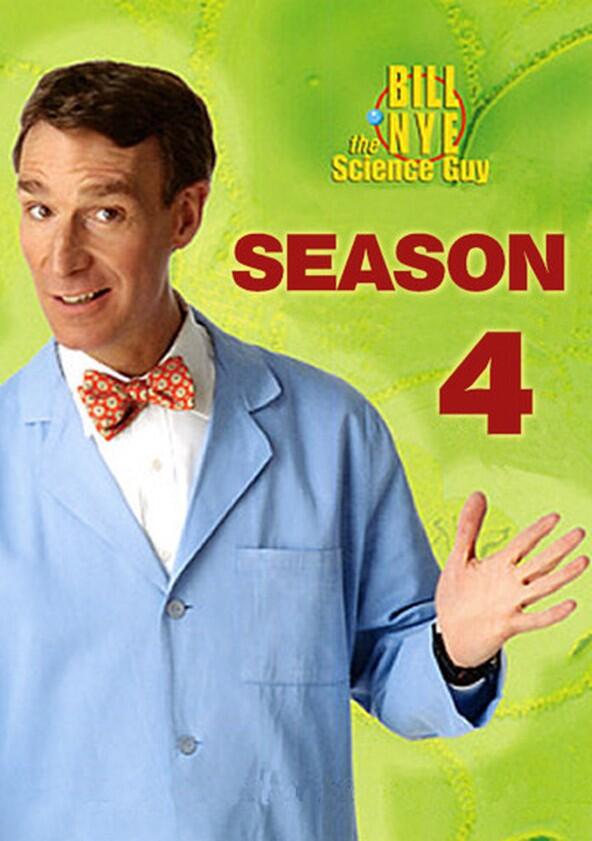
Season 4

Episodes
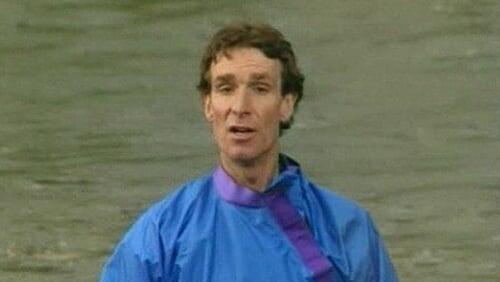
Rivers & Streams
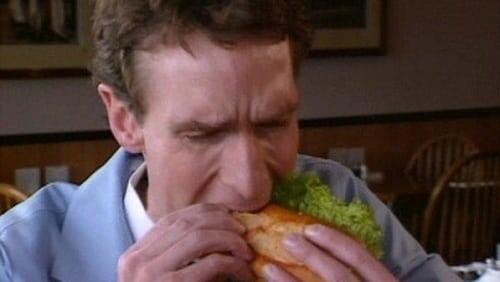
Nutrition
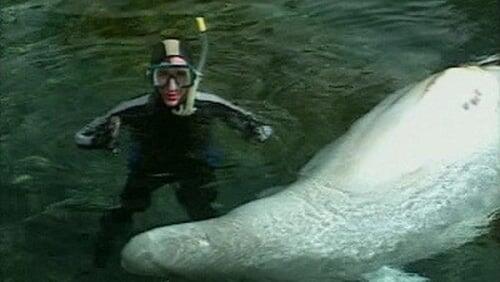
Marine Mammals
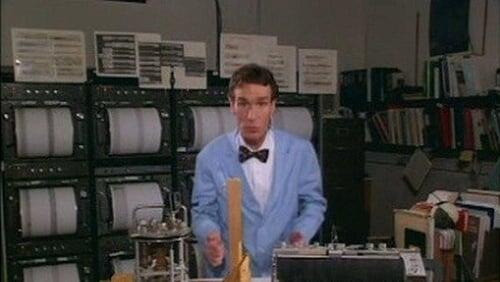
Earthquakes
Bill Nye explains what makes the Earth's crust move and visits the scientists who study earthquake activity.

NTV Top 11 Video Countdown
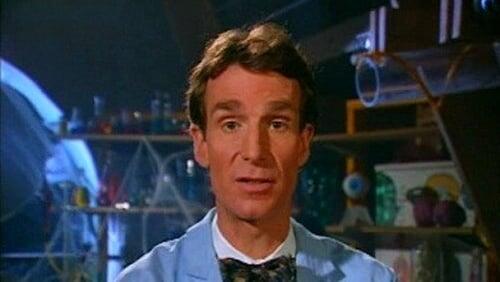
Spiders
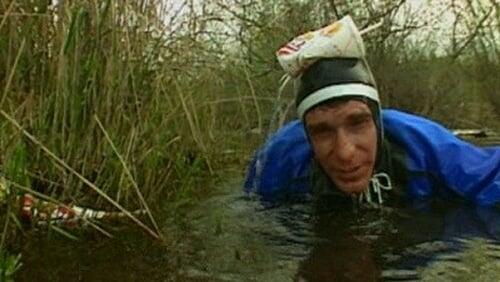
Pollution Solutions
People need to find ways to clean up the Earth for future generations.
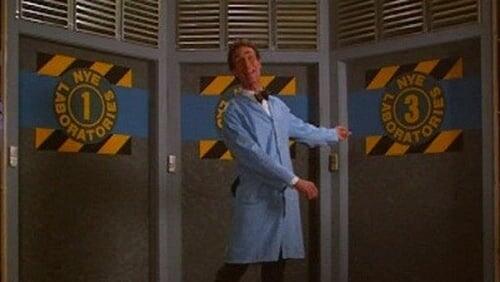
Probability
A lesson on the laws of probability shows how to predict events
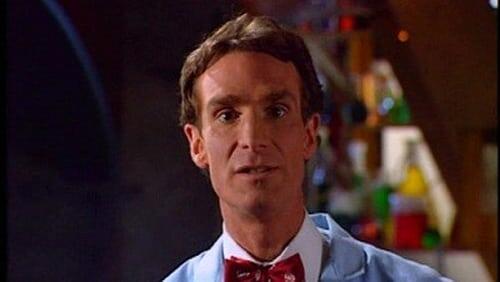
Pseudoscience
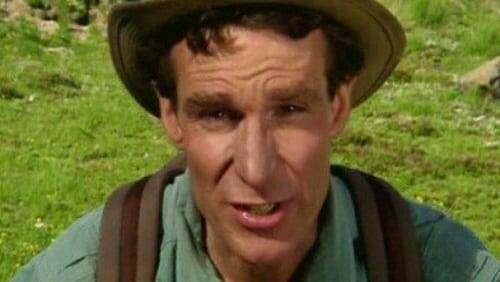
Flowers
Actress Drew Barrymore helps show how flowers are pollinated and reproduce.
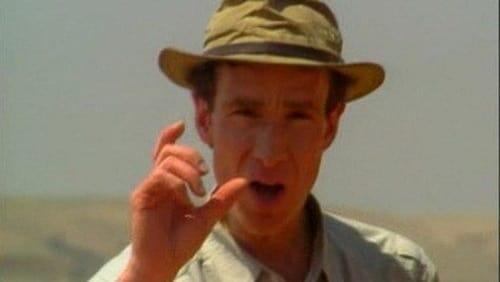
Archaeology
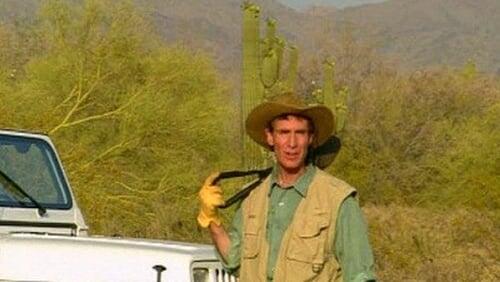
Deserts
A trip to Arizona's Sonoran desert, a unique ecosystem.
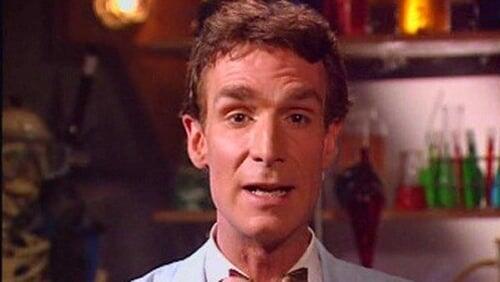
Amphibians
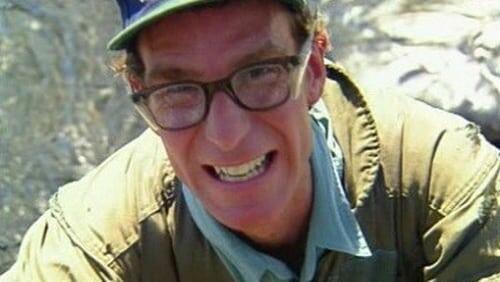
Volcanoes

Invertebrates
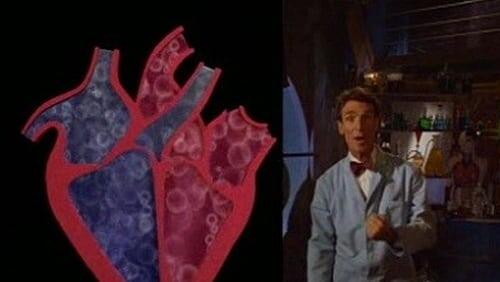
Heart
The circulatory mechanism's most magnificent muscle. With Seattle Mariner Edgar Martinez.

Inventions
The process of inventing and how some inventions are ``accidents.'' Actor Samuel L. Jackson appears.
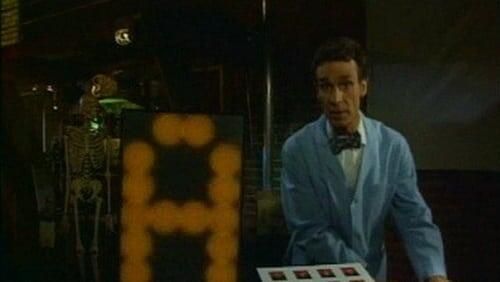
Computers
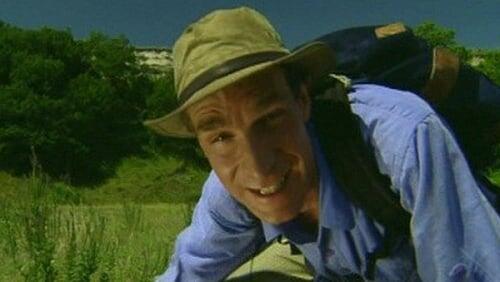
Fossils
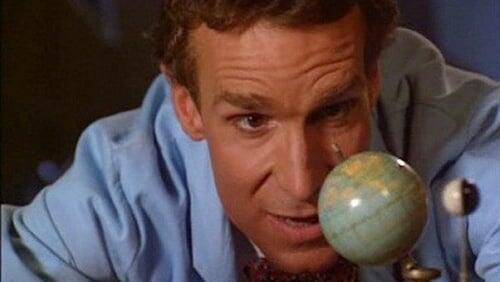
Time
Recently Updated Shows

The Graham Norton Show
Chat show featuring celebrities, music and fabulous weirdness from the British public.

Whitstable Pearl
With her son grown, single mum Pearl, pursues her lifelong dream and starts a private detective agency, which she runs from her family restaurant in the coastal town of Whitstable. Drawn by her caring nature, locals soon flock to her with all kinds of cases. But when a friend dies suspiciously, Pearl finds herself in conflict with gruff new cop in town DCI Mike McGuire.

QI
Sandi Toksvig, Alan Davies and a host of comedy stars swap funny facts on every subject under the sun. It doesn't matter if they're right, as long as they're quite interesting.

Masters of Illusion
In Masters of Illusion, the world's greatest magicians and illusionists perform magic in front of a live studio audience. There are no camera or computer tricks involved and you'll see tricks such as women turning into tigers, birds appearing from nowhere and sleight of hands in the blink of an eye! From one amazing trick to another, the performances are shown to you non-stop in a spectacular show filled with reality-twisting, mind-blowing magic.
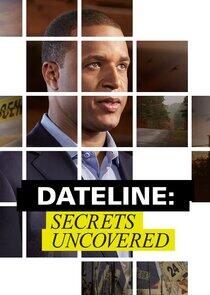
Dateline: Secrets Uncovered
Real-life mysteries. Investigative reporting. Justice. Dateline is the long-running, award winning newsmagazine bringing viewers stories ranging from compelling mysteries to powerful documentaries and in-depth investigations. Hosted by NBC News' Craig Melvin, each episode of Dateline: Secrets Uncovered incorporates the classic elements of drama and great storytelling: good guys, bad guys, conflict with the highest stakes, suspense and resolution. Hear the chilling tales directly from those most affected and involved, including investigators tasked with cracking the case and the families confronting tragedy. In every story we tell, we help the real people who lived the events share their journeys with you.